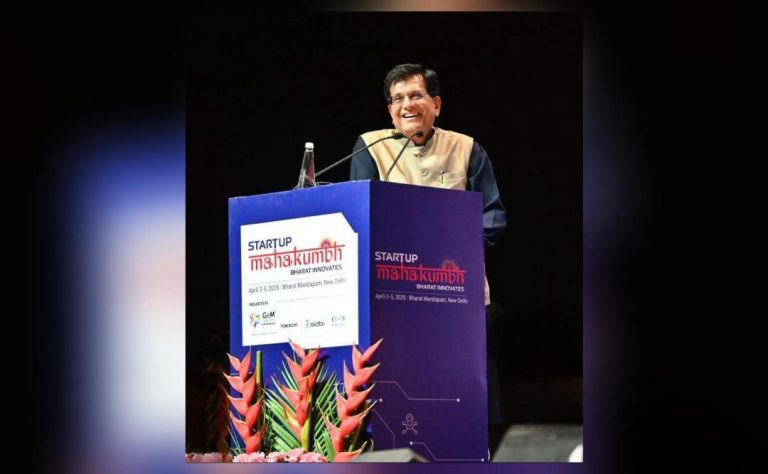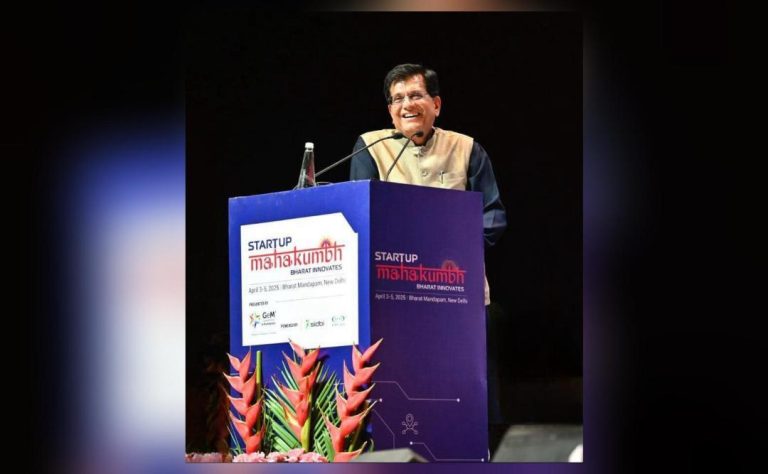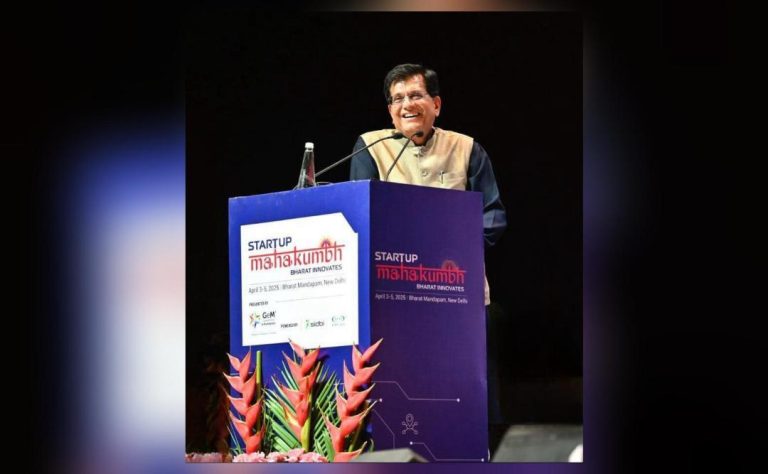
Swiggy Faces ₹158 Crore Tax Demand Over Cancellation Fees
In a recent development, Swiggy, the popular food delivery platform, has been slapped with a massive ₹158 crore tax demand by the Income Tax Department for the financial year 2021-22. The demand is related to alleged violations of tax provisions regarding cancellation charges paid to merchants. Swiggy has announced plans to appeal against the demand, claiming that it stems from a misunderstanding of tax provisions.
Cancellation fees have become a common practice in the digital economy, with many e-commerce companies charging customers for cancelling orders or not showing up for scheduled deliveries. However, the tax treatment of these fees has remained unclear, leaving room for interpretation and potential disputes.
The ₹158 crore tax demand is a significant blow to Swiggy’s financials, and the company’s decision to appeal is likely a strategic move to challenge the demand and potentially set a precedent for the industry. The case could have far-reaching implications for how cancellation fees are taxed in the evolving digital economy.
According to sources, the tax demand was issued to Swiggy for allegedly not deducting and depositing the applicable tax on cancellation charges paid to merchants. The Income Tax Department has accused Swiggy of violating Section 194H of the Income-tax Act, which requires e-commerce companies to deduct and deposit taxes on commission or brokerage paid to merchants.
Swiggy, however, disputes the demand, claiming that it is based on a misunderstanding of tax provisions. The company has argued that the cancellation fees are not commissions or brokerages, but rather a pass-through fee paid to merchants for services rendered. Swiggy has also pointed out that it has always complied with tax laws and has been transparent in its dealings with merchants.
Industry experts suggest that the case may set a precedent for how cancellation fees are taxed in the digital economy. “This is a significant case that could impact the way e-commerce companies treat cancellation fees,” said a tax expert. “If Swiggy is found to be in violation of tax laws, it could create a precedent for other companies to follow. However, if Swiggy’s appeal is successful, it could lead to a re-evaluation of how cancellation fees are taxed.”
The tax demand has sparked concerns among e-commerce companies and merchants who rely on cancellation fees to operate their businesses. “Cancellation fees are an essential part of our business model,” said a spokesperson for a leading e-commerce company. “If we are forced to pay taxes on these fees, it could impact our ability to operate and potentially lead to job losses.”
The case has also raised questions about the regulatory framework for e-commerce companies in India. “The tax laws need to be reviewed and updated to reflect the changing nature of the digital economy,” said a tax expert. “E-commerce companies are creating new business models that require new tax rules and regulations. The government needs to take a proactive approach to address these issues.”
In conclusion, the ₹158 crore tax demand on Swiggy is a significant development that could have far-reaching implications for the digital economy. While Swiggy plans to appeal against the demand, the case could set a precedent for how cancellation fees are taxed in the future. As the digital economy continues to evolve, it is essential for the government and regulators to review and update tax laws to ensure that they are fair, transparent, and effective.
Source: https://ascendants.in/industry_events/swiggy-rs-158-crore-tax-demand/





